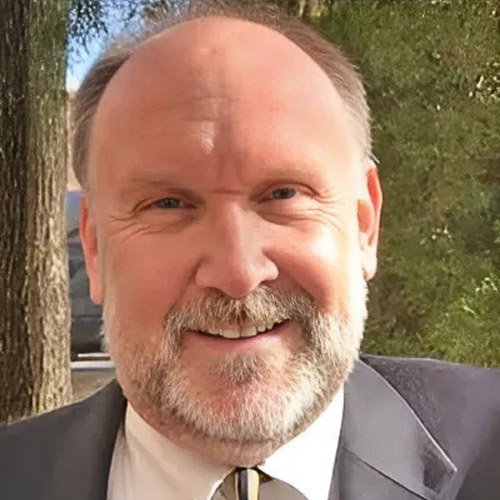Responding to Concerns about the Work of Other Professionals in Forensic Practice
Presented by: Randy Otto, PhD, ABPP

This on-demand professional training program on Responding to Concerns about the Work of Other Professionals in Forensic Practice is presented by Randy Otto, Ph.D., ABPP.
This program covers how psychologists can address concerns they have about the work of other professionals in adversarial proceedings.
First reviewed are basic principles that should guide psychologists when commenting on the assessment work of other professionals. Next discussed are four different roles and associated activities and responsibilities that may shape how psychologists approach this matter. Finally, the ethical obligations psychologists have to address the problematic work of other professionals are discussed, as are various ways that these responsibilities may be discharged. Case vignettes and audience surveys are used to facilitate discussion of principles and specific applications.
This training is applicable to professionals practicing in civil and criminal forensic mental health assessment, forensic inpatient, human resources social services, community settings, and those who work at the intersection of clinical psychology and law. This training program is for beginner, intermediate, and advanced-level clinicians.
Upon completion of this training, participants will be able to:
Palo Alto University, Continuing & Professional Studies (CONCEPT) is approved by, recognized by, or maintains sponsorship provider status with the following boards and agencies. We maintain responsibility for all content in our CE/CPD programs. For more information, visit here.
American Psychological Association (APA): Approved sponsor of continuing education for psychologists.
Association of Social Work Boards (ASWB): Approved continuing education provider (ACE program, Provider #1480), 11/22/2023–11/22/2026.
Canadian Psychological Association (CPA): Approved to sponsor continuing education for psychologists.
National Board for Certified Counselors (NBCC): Approved Continuing Education Provider (ACEP No. 7190).
Palo Alto University, Continuing and Professional Studies (CONCEPT) is approved by the American Psychological Association to sponsor continuing education for psychologists. Palo Alto University, Continuing and Professional Studies (CONCEPT) maintains responsibility for this program and its content. Palo Alto University, Continuing and Professional Studies (CONCEPT), is approved by the Canadian Psychological Association to offer continuing education for psychologists. Palo Alto University, Continuing and Professional Studies (CONCEPT), SW CPE is recognized by the New York State Education Department’s State Board for Social Work as an approved provider of continuing education for licensed social workers #SW-0356 and the New York State Education Department’s State Board for Mental Health Practitioners as an approved provider of continuing education for licensed mental health counselors. #MHC-0073. Palo Alto University, Continuing and Professional Studies (CONCEPT) has been approved by NBCC as an Approved Continuing Education Provider, ACEP No. 6811. Programs that do not qualify for NBCC credit are clearly identified. CONCEPT Professional Training, #1480, is approved to offer social work continuing education by the Association of Social Work Boards (ASWB) Approved Continuing Education (ACE) program. Organizations, not individual courses, are approved as ACE providers. State and provincial regulatory boards have the final authority to determine whether an individual course may be accepted for continuing education credit. CONCEPT Professional Training maintains responsibility for this course. ACE provider approval period: 11/22/23-11/22/26. Social workers completing this course receive (clinical or social work ethics) continuing education credits.